Press Release Fun: The CBC and the 2014 Children’s Choice Book Awards
 As some of you may have heard, the Children’s Book Council has recently been answering a lot of questions about their Children’s Choice Book Awards recently. More specifically, the fact that their Author of the Year category includes one Rush Limbaugh. I’d first heard about this on the child_lit listserv where questions and concerns were raised. In the end, it appears that the CBC’s hands are somewhat tied by their own rules. They have to consider the top selling authors for this award, regardless of whether or not that author’s sales are boosted in some way. All this has lead the children’s literature community, for the most part, coming to the conclusion that next year the rules themselves are worthy of further examination. Whatever the case, the CBC has responded publicly to the concerns, and created this press release to clear up any confusion. I include it here now for your perusal.
As some of you may have heard, the Children’s Book Council has recently been answering a lot of questions about their Children’s Choice Book Awards recently. More specifically, the fact that their Author of the Year category includes one Rush Limbaugh. I’d first heard about this on the child_lit listserv where questions and concerns were raised. In the end, it appears that the CBC’s hands are somewhat tied by their own rules. They have to consider the top selling authors for this award, regardless of whether or not that author’s sales are boosted in some way. All this has lead the children’s literature community, for the most part, coming to the conclusion that next year the rules themselves are worthy of further examination. Whatever the case, the CBC has responded publicly to the concerns, and created this press release to clear up any confusion. I include it here now for your perusal.
Dear children’s literature community –
We at the Children’s Book Council and Every Child a Reader sincerely appreciate your concerns about this year’s Children’s Choice Book Awards, and wanted to take a moment to clear up some confusion.
First, our finalist selection process for the past 7 years of the program, always posted here on bookweekonline.
com , has been exactly the same. The Children’s Choice Book Awards comprises 6 categories: Kindergarten to Second Grade Book of the Year, Third to Fourth Grade Book of the Year, Fifth to Sixth Grade Book of the Year, Teen Book of the Year, Author of the Year, and Illustrator of the Year.The finalists for the K-2, 3-4, and 5-6 Book of the Year categories are all selected by kids through the IRA-CBC Children’s Choices Program.
Teen Book of the Year finalists are chosen by teens through voting on Teenreads.com.
The Author of the Year and Illustrator of the Year finalists are determined solely based on titles’ performances on the bestseller lists – all titles in those categories are listed as a result of this protocol. Some of you have voiced concerns over the selection of finalists from bestseller lists, which you feel are potentially-manipulable indications of the success of a title. We can take this into consideration going forward, but cannot change our procedure for selecting finalists after the fact.
Ultimately, kids and teens (over one million of them if as many vote this year as did last year) will decide who wins in all 6 Children’s Choice Book Awards categories on May 14, so encourage them to vote starting March 25 at ccbookawards.com. We have procedures in place to eliminate duplicate, fake, and adult votes during the voting period as much as possible.
This program has never been about CBC or ECAR endorsing finalists. It has always been about CBC and ECAR endorsing young readers and giving them a choice and a voice on a national scale.
If you have further questions or concerns about the program, we are happy to discuss them with you. Please contact us directly at cbc.info@cbcbooks.org.
All best,
The CBC and Every Child a Reader
——————————
The Children’s Book Council (CBC) is the national nonprofit trade association of children’s book publishers, dedicated to supporting and informing the industry and fostering literacy. The CBC offers children’s publishers the opportunity to work together on issues of importance to the industry at large, including educational programming, literacy advocacy, and collaborations with other national organizations. The CBC is the anchor sponsor of Children’s Book Week.
Every Child a Reader (ECAR) is a 501(c)(3) literacy organization dedicated to instilling a lifelong love of reading in children. ECAR creates and supports programs that: strive to make the reading and enjoyment of children’s books an essential part of America’s educational and social aims; enhance public perception of the importance of reading. ECAR’s national programs include Children’s Book Week, a nationwide celebration of books and reading, and the longest-running national literacy initiative in the country; the Children’s Choice Book Awards, the only national book awards program where the winning titles are selected by kids and teens of all ages; and the National Ambassador for Young People’s Literature Program, the country’s “Children’s Literature Laureate”.
Filed under: Press Release Fun
About Betsy Bird
Betsy Bird is currently the Collection Development Manager of the Evanston Public Library system and a former Materials Specialist for New York Public Library. She has served on Newbery, written for Horn Book, and has done other lovely little things that she'd love to tell you about but that she's sure you'd find more interesting to hear of in person. Her opinions are her own and do not reflect those of EPL, SLJ, or any of the other acronyms you might be able to name. Follow her on Twitter: @fuseeight.
ADVERTISEMENT
ADVERTISEMENT
SLJ Blog Network
2024 Books from Pura Belpré Winners
Winnie-The-Pooh | Review
Parsing Religion in Public Schools
Finding My Own Team Canteen, a cover reveal and guest post by Amalie Jahn
ADVERTISEMENT


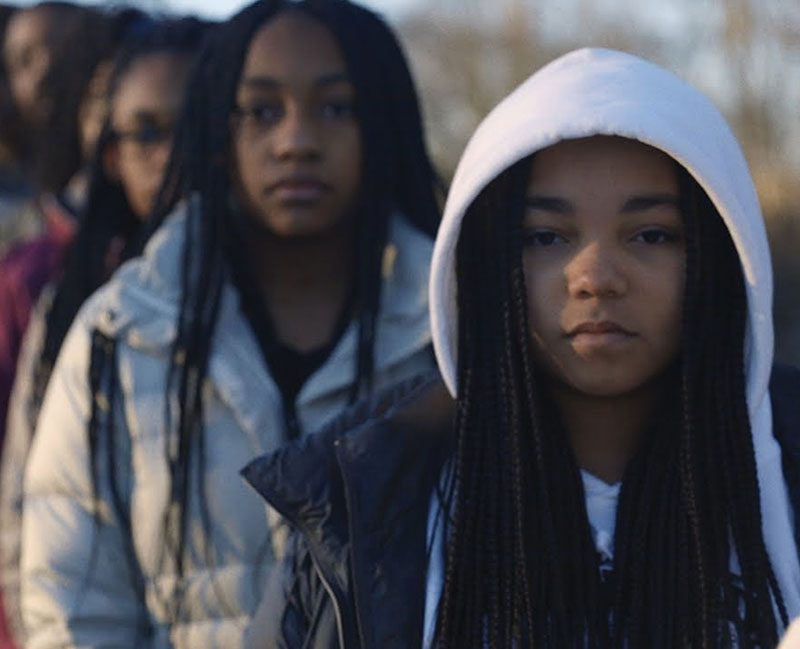
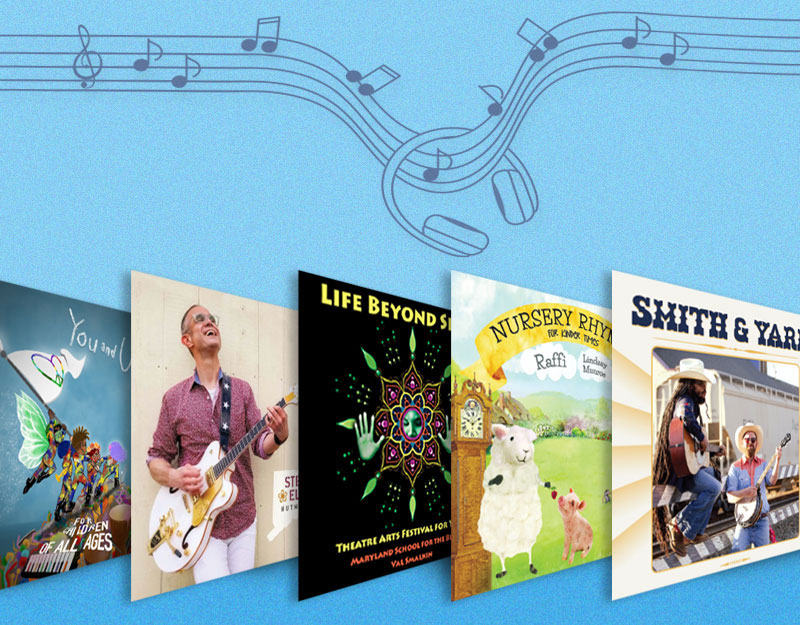
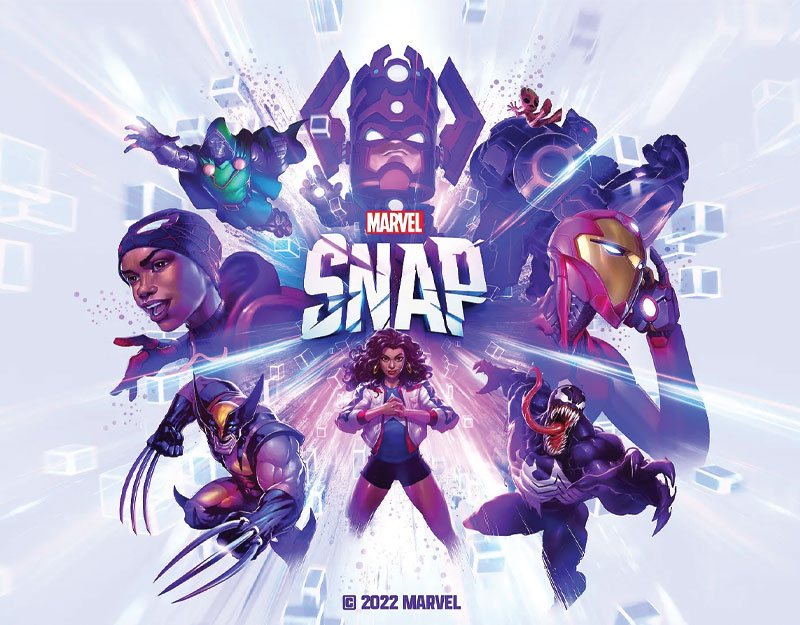
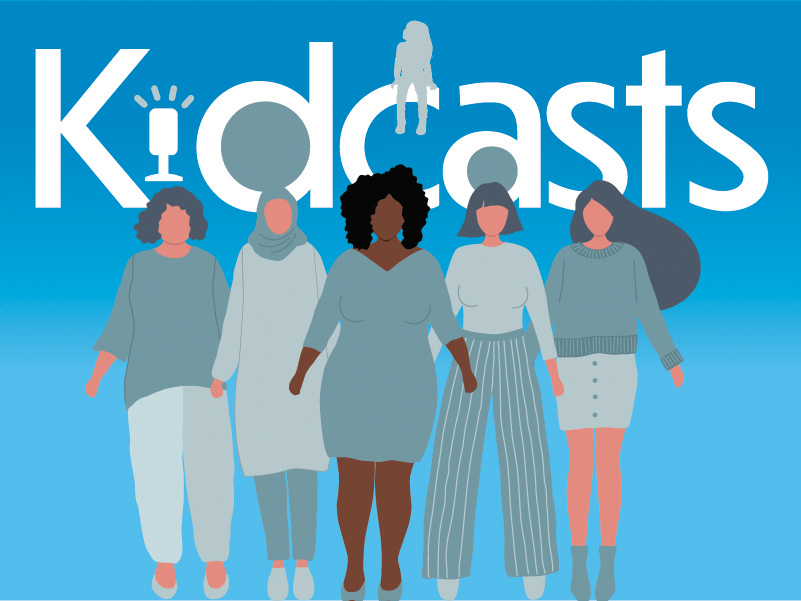
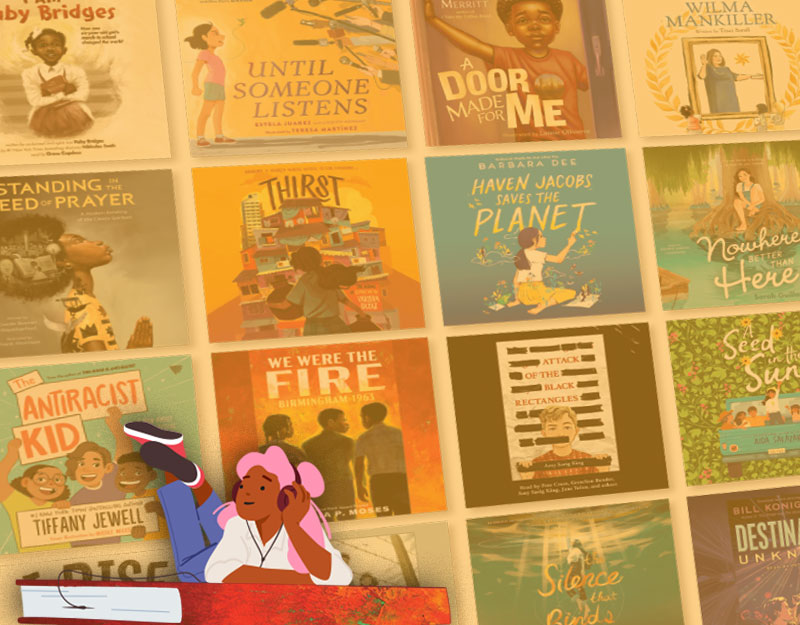
Thanks, Betsy, I can stop scratching my head now.
I hope the revisions include a more critical look overall.
Some of the books on CBC’s Diversity bookshelf at Goodreads (specifically the ones categorized as American Indian), are stereotypical (good and bad but stereotypes nonetheless) and problematic in other ways, too.
I know I’ve been somewhat of a broken record on this topic, but Limbaugh on the short list for author of the year makes the point.
Or maybe it doesn’t!
I’ve been told that we are to judge books, not on what they say, but on how well they say it. A literary framework, in other words, that has no space for socio-political critiques. People in the children’s literature world are shaking our heads at Limbaugh’s book because of its politics, right? Some may have read it and find the writing to be crap (what I’ve seen is crappy), so perhaps CBC will be able to head off his second book by finding its writing to be faulty (I bring it up because it was released last week and immediately went to the number one spot at Amazon).
The task ahead of CBC is a very difficult one. I wish them well, and I’m not being sarcastic, either. We need better books, especially ones by Indigenous writers who know what they’re doing, and by not-Indigenous writers who know what they’re doing, too, in selecting resources for the works they write, and CBC’s Diversity Committee can help us get there.
I’m hoping this, coupled with the essays by Walter Dean Myers and Christopher Myers, too, mark a pivotal moment in children’s literature.
I came across this site, and this article… searching to find out *why* Rush Limbaugh’s inclusion on the finalist list is creating so much controversy/buzz. I’m no “huge Rush Limbaugh” fan or anything… but I am an Independent (Libertarian) voter who is open to reading/listening to viewpoints from as many varying perspectives/sides as possible, is willing to research multiple sources (to find FACTS on my own…), and forms my own viewpoints about EVERYTHING!!
I purchased the first “Rush Revere” book for my 12-year old son, Luke… because he is not a big reader, and I thought that combining some of the American History (not taught as well in our schools these days) with humor and great illustrations… would, hopefully, be a great way for me to share with him the importance of knowing the TRUE stories about our Founding Fathers, and how the Greatest Nation to EVER Exist came about… Many nights, we have enjoyed this book together… but a few times, Luke has asked if he can stay up reading on his own, after I am done… and THIS IS NOTHING SHORT OF A MIRACLE!!!!
I am certainly aware that Rush can be a “controversial figure,” but it seems to me… that the people who are “politicizing” this book… are those who 1.) Dismiss its value without reading it… 2.) Take the saying “Don’t judge a book by its cover,” to a whole new level… Not even getting to the “cover,” and instead, pre-judging this book by its author… or 3.) Can’t/Don’t/Won’t think for themselves, and substitute somebody else’s judgment for bothering to form one of their own…
Having also read the accusation that this book’s sales *might be* falsely inflated (suggesting, I assume, that Rush is buying large quantities of his own book…), I don’t know the man’s heart… nor would I presume to know everything he does… but the same could be said for any/every author on a “Bestseller List.” I don’t understand why the Council uses children’s/teen’s voting for the winners in all categories except “Author,” and “Illustrator,” and agree that book sales probably shouldn’t determine these winners… But I also think the “Author of the Year,” shouldn’t be judged using the same criteria as say, the “Caldecott,” or “Newberry,” awards… I view this award as like the “People’s Choice Award,” in books… and if you’ve ever watched the “People’s Choice Awards,” on TV… you know these aren’t given out based on the most skill or talent of a performer… but on how much their fans appreciate and support them. While I have NEVER tuned in and listened to 3 straight hours of his radio show, there is no denying that MANY people do this, every day… and Rush has had the #1 talk show in radio for many, many years… (One day when I was listening, I heard a caller who sat on hold, waiting to talk to Rush, FOR OVER AN HOUR!!! [Side comment: What the hell???!!??? LOL!!] ) “Talker Magazine” says Rush has over 14Million listeners… I haven’t looked at his book sales… but if *I* bought the book, and see the value in it… just think how many of those 14Million+ listeners bought it for their kid(s), and bought extra copies to share with “Non-Rush listeners” (and their kids…).
Again, I’m not arguing anything, good or bad, about Rush, his show, or his politics… but as someone who bought, and is enjoying the first “Rush Revere” book (and will definitely buy the second one, too)… I’m not surprised, but am disappointed… to see what *I*, at least, consider to be unfair, and completely politicized/biased criticism/judgment.
I have not yet seen the other books on the “finalist list,” so don’t know how my son would vote if this was a voted award… but I do know he is enjoying this book… and is ACTUALLY READING, PROACTIVELY AND WILLINGLY… and THAT will get *my* vote, every day of the week!!
Thank you for commenting. Indeed, I think the issue at hand is less that a political figure has written a children’s book and gotten into the voting and rather that celebrities, in general, are very good at pumping up their own sales with their large fan bases. Is this a problem? Not really. As long as there have been celebrity children’s authors there will be celebrities selling massive quantities of their books. I think the greater issue is whether or not celebrities should be taken into consideration with children’s choice book awards. The other people in the running are primarily children’s book authors and that’s their #1 job. Celebrities tend to view children’s books as an easy market and their name recognition alone makes them very prone to hyped up sales. I’ve no doubt that every book Rush has sold has been sold legitimately. I just wonder if it’s fair to pair celebrities alongside the folks who’ve specialized in the field. But I appreciate your having known someone who actually read the book. In cases such as this, we don’t always think to actually ask the kids what they’re enjoying. Because, after all, this award is made primarily with them in mind. It’s their choice.
What surprises me more than anything else is that this hasn’t been an issue before. But then, normally celebrities don’t write middle grade fiction. They write picture books. So this is a whole new ballgame in a bunch of different ways.
Jill – As someone who has read the book, I can tell you some of the (non-political) reasons I don’t recommend this book. (And I’ll note that I bought it for my library collection because I did have demand for it and I strive to have a collection that appeals to a broad range of people.)
1) Narrative Inconsistency. Limbaugh contradicts his own theory of time travel. When the kids in the book ask if they can use Liberty to go to the future, they are told that the horse can only go to the past and then back to the present (pg 118). However, on pages 39-40, we had learned that Liberty originally came from the American Revolutionary War period. Clearly, at some point in time Liberty traveled to Liberty’s future. This probably bothers me more than it does some people, but I enjoy good science fiction and fantasy. This was an example of extremely lazy writing and editing.
2) The flat characterizations of the kids in the book. They primarily serve as prompts for micro-lessons from the Rush Revere character. It’s a very didactic book. In fact, the characters are so flat, that had I not been told they were in middle school, I wouldn’t have placed them in that age group.
3) The lack of bibliography. Any book that claims to use the true facts from a historical moment needs a bibliography. Regardless of what I know about the historical time period, it needs to have a bibliography. I can’t recommend it as good historical fiction without this element.
4) The fetishization of Freedom’s hair. It could just be me, but reading about a substitute teacher obsessing about a middle school girl’s hair squicked me out. The first time I let it pass, but he kept talking about it. It provided some uncomfortable moments for me. I realize he was setting her up to be the Native American character from the present, but it was not well done. There are better ways to execute foreshadowing.
5). The writing is not good. The way I typically describe the writing in this book is that it is the type of writing you find in books written by people who have little exposure to children’s literature, yet think they understand what children’s literature is. It’s something that I find very disrespectful to children as readers.
And yet, despite all of those problems, I find myself thinking that I probably need to read the next book in the series so that I can serve my patrons who have questions about it.
Why does a book of historical fiction need a bibliography? Even today many of them don’t (for decades this was basically unheard of, until fairly recently), and I don’t think it’s necessary at all. I have no interest in defending this book, but I don’t see how lack of a bibliography is a valid criticism. Many of the most celebrated works of historical fiction for children in the last couple of years haven’t had bibliographies.
Wendy – Perhaps it’s a personal preference on my part, but if there isn’t a bibliography, I at least want an author’s note discussing the author’s research. Since the book in question has been written (according to its author) to be an accurate historical representation written to combat inaccuracies in other texts, I want sources. Without that, I don’t feel like I can recommend it to teachers to use with their students. The author is making a very specific claim about historical authenticity and accuracy. I feel that he needs to back it up. Obviously, others might disagree, but I think this is a valid point of criticism because of his assertions about the text and how it should be used.
Betsy — On his website, Limbaugh says they bought over 15,000 books and donated them to schools. I wrote that information into my review: http://goo.gl/lG35wy
Jill — Did you read the author’s note? Did you tell your son about African American slavery in the US?
The concerns about how those sales figures were generated are real ones– as will be concerns about the integrity of the upcoming voting process. I don’t think anyone should be surprised when Limbaugh wins, and I think, as Debbie Reese says, that we’ll have to confront what this means. Whether or not the selection actually reflects a “children’s choice.”
Debbie’s larger question is one to sit with. Why is this book any different? Notoriety of the author aside: is it true that we think awards and recognition should be based solely on artistic merit (or in this case popularity?) Does ideology really have no place? Where is the intersection between the two, and where are the lines drawn? To my mind, this book is propaganda, not historical fiction. The content ignores and changes actual historical fact to serve an explicit ideology, which is based largely in racial prejudice. Should a book of “history” for children that denies the existence of American slavery, for example, be judged solely on its artistic merit? Or does its artistic merit lie partly in its vision and distortions. The idea of impartiality is laudable, but I think it’s also impossible, and this is a larger question for the field to confront.
But what do we have if we take Rush’s politics out of it? If, say, Katherine Paterson bought and donated ten thousand copies of her books to schools she’d get a headline of a very different kind in SLJ. Authors and publishers donate books to schools all the time.
And I don’t think it’s fair to take into account the “celebrity” of an author when it comes to evaluating their eligibility in a popularity contest. Why should the fact that someone has “specialized” in children’s books be a criterion? It’s not a reward for a job well done, it’s a brutal measure of how many people buy your books.
Well, I do think one could question calling something a “children’s choice” award if the primary selection comes through sales numbers, and the fact that sales numbers can be manipulated highlights the distinction. It would seem more honest to admit that the award is linked to revenue.
But I think your points go to Debbie’s question: is this book any different?
Kids don’t buy books. Adults do. I suspect allowances don’t play an overly significant role in creating best sellers.
Has anybody seen the competition that the Rush Limbaugh book is up against: WIMPY KID, DORK DIARIES, ALLEGIANT, and HEROES OF OLYMPUS? I don’t see the children of America voting the Rush book as the winner. Much ado about nothing, folks. 🙁
I suppose you have a more optimistic outlook regarding Limbaugh’s influence and tactics– both in terms of his ability to produce votes and the influential power of the books themselves. This is one place where I’d love to be proven wrong.
The nomination has significance on its own, though. Even Rush understands that (see his own constant references to it, and the press coverage the nomination has garnered.) Questioning whether this recognition of an avowed racist is in opposition to the CBC’s commitment to “diversity” is not so easily dismissed.
Currently Limbaugh’s book has 74% of the vote. My daughter voted for Wimpy Kid and then I was able to vote, too (not telling which book I voted for) but obviously, there is no way to keep a celebrity from getting a bunch of adults to skew the voting. And as a woman who had many boys and men going nuts about my hair from middle school on, the author’s comments about “Freedom’s” hair are creepy and inappropriate.
But a big purchase order for a donation like that shouldn’t affect best-seller status, should it? Don’t copies have to be purchased through reporting bookstores in order for them to count?
I’m no fan of the book (at all!), but if best-seller status is how they pick the books for the contest, I don’t see how he can possibly be disqualified. Even if he’s mobilizing his forces to stuff the ballot box, it’s no more than plenty of other people have done before him. How often do I get a Facebook request from a friend (or publicist), suggesting I might like to vote for them for something?
I suppose he just has a lot of “friends.”
Sigh.